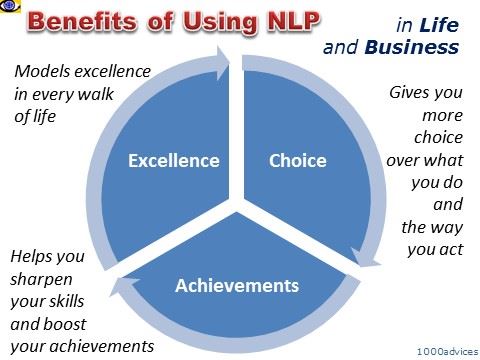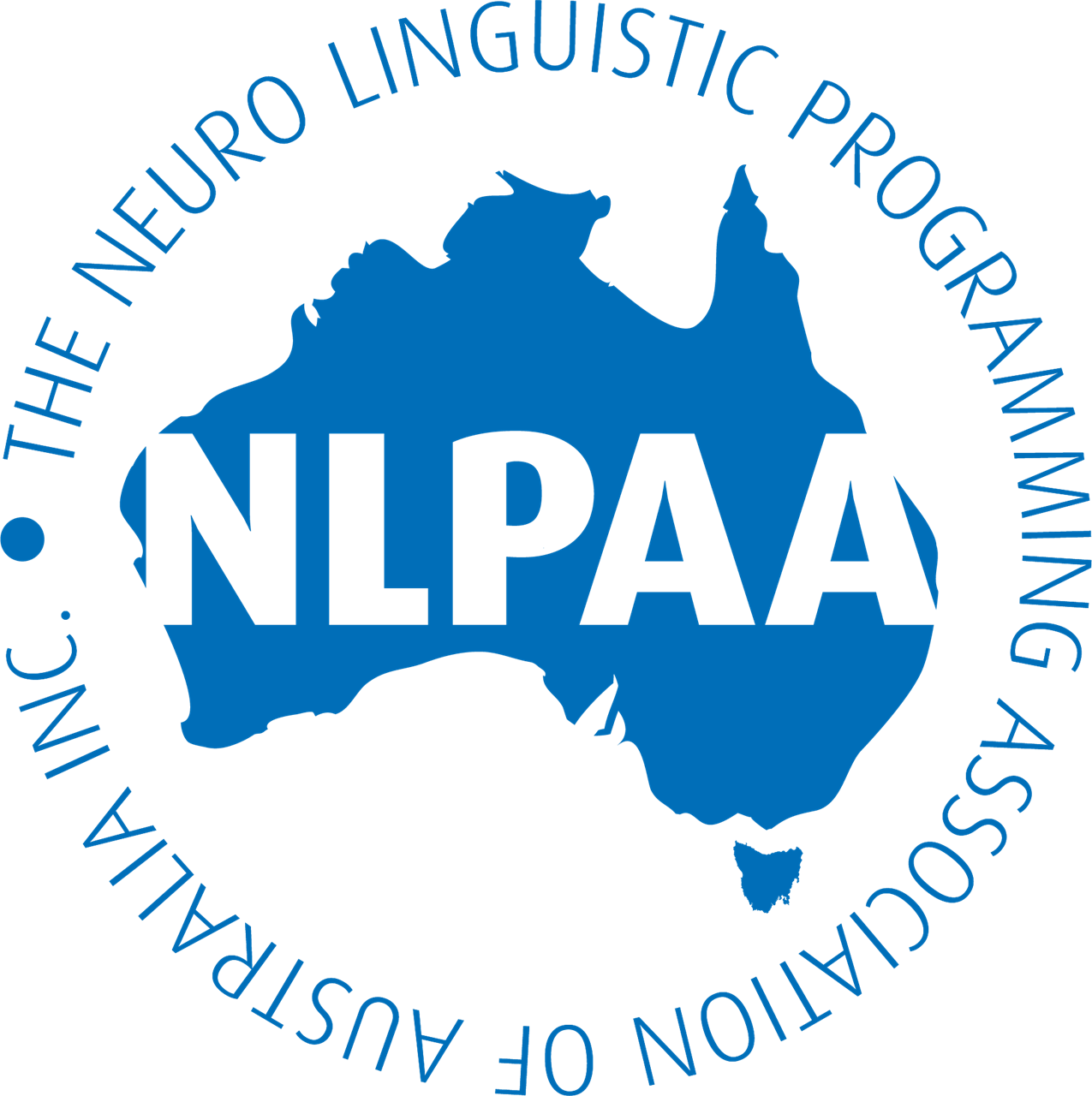- Home
- Find a Member
- Find an NLP Trainer
- Choosing a Trainer
Choosing an NLP Trainer
So you’ve decided to study NLP. Congratulations! We wish you well in your studies.
- Are all NLP courses are the same?
- What exactly does it mean to be an NLP Practitioner?
- Will the training I undertake mean I can be an NLP therapist or coach?
These are the types of questions we get asked frequently from people just like you who want to choose an NLP training that is reputable and professional. Not all NLP Trainings offered in Australia are recognised by the NLPAA as they do not meet the international minimum standards. When you are looking for an NLP Trainer, make sure the training meets the criteria for recognition as a Certified Training:
|
People choose to study NLP for all sorts of reasons. Some people want to be therapists, others want to use NLP in business and sales, in teaching and some want to apply it to themselves for personal development.
Because the NLPAA is passionate about seeing NLP made available widely in the Australian community we feel it’s time to suggest some guidelines to assist you in your choice. Unfortunately some NLP training does not meet our minimum training requirements which make it difficult for NLP to be taken seriously.
The NLPAA Trainer Members listed on the NLPAA Website have gone through a very rigorous application process and are required to renew their membership each year with a variety of supporting documents - so we do invite you to start your research to find an NLP trainer by looking at our NLP Trainer Members.
So… where to begin?
Do your research. Not all NLP Training is the same - they vary greatly in the training style, experience and skill. When choosing an NLP Trainer you are making a large investment of time and money. Therefore, we suggest to do a bit of research to find the trainer that fits you and your needs. Some trainers work primarily with Business Professionals, some work with people who want to use NLP as a Coach or Therapist and others train a more general audience. To find the trainer with the experience, specialty, quality and style that you are looking for we encourage you to talk to many trainers and be prepared to travel to train with the trainer who meets your needs best. |  |
Here are some points and questions you may find useful to ask to any potential trainer you are researching.
- Is the trainer a Recognised Trainer member with the NLPAA?
- Who trained them? And when?
- Do they have professional indemnity and public liability insurance to work as a NLP Trainer?
- How long has the trainer been training in NLP? Specifically, how long have they trained NLP Certification courses?
- How much experience does the trainer have, not just as a Trainer but also as a Practitioner of NLP? Did you know that some NLP Trainers have never seen a client-yet they claim to be able to teach others to do so?
- How large are the training groups they train? A training with too few people is unlikely to give you the experience of using NLP with others and a training with too many people may cause you to be lost in the crowd. Choose what fits for you and your needs.
- Can you speak to the main trainer(s) directly before starting the training?
- Can you talk with some of their past students to get a training testimonial?
- How long are the courses? The NLPAA requires that NLP Practitioner training be a minimum duration of 7 classroom days and Master Practitioner training be a minimum of 9 days. Some courses span up to 21 days. By contrast, there are some courses that only last 3 days, and again there are some on-line courses now available. The latter two do not meet the NLPAA's minimum requirements
- Is the training organisation claiming that you can become wealthy from their course or otherwise drastically change your life as a result of taking their course? NLP is not a 'get rich quick scheme' nor is it a 'quick fix' tool. If the training organisation is claiming these things, ask more questions - if its too good to be real, it might be.
- Is the NLP Trainer a member of an organisation in Australia such as the NLPAA and what level of membership do they hold? If not, why not?
- What are the training company's policies on course payments, refunds etc.
- What exactly do you receive as a result of your training? Make sure that any offers are made in writing and that you keep a copy of documents.
- Is the trainer qualified to issue you with a certificate in hypnotherapy? We add this point because many NLP trainers provide certifications in hypnotherapy when they are not trained to do so. You cannot teach someone to be a hypnotherapist in one day (which is what is claimed in some cases). Graduates are disappointed when they find that their certificate means nothing and they have to pay more money to get a recognised diploma or certificate. For more information about recognised hypnotherapy training visit The Australian Hypnotherapists Association -www.ahahypnotherapy.org.au
- Will you receive support once the training is over? Is there someone you can direct questions to? What after course support is available?
- What is the complaints procedure - who can you complain to if you are not happy with the training?
- If the trainer utilises NLP assistants in the training course then how are they chosen? Do they know what they are doing or are they just tagging along for free training themselves?
- If the training tuition is much lower than the industry average - why?
- Are the NLP Certificates issued by the training company accepted by the NLPAA as evidence of successful completion of a course that meets minimum requirements?
